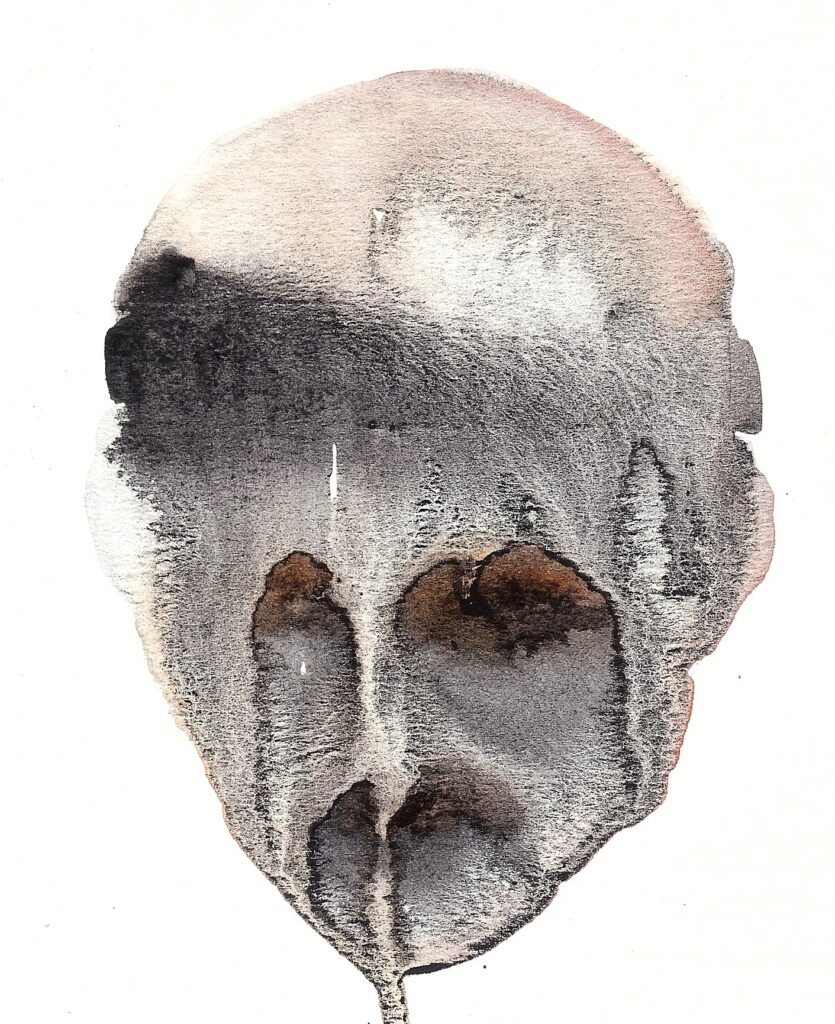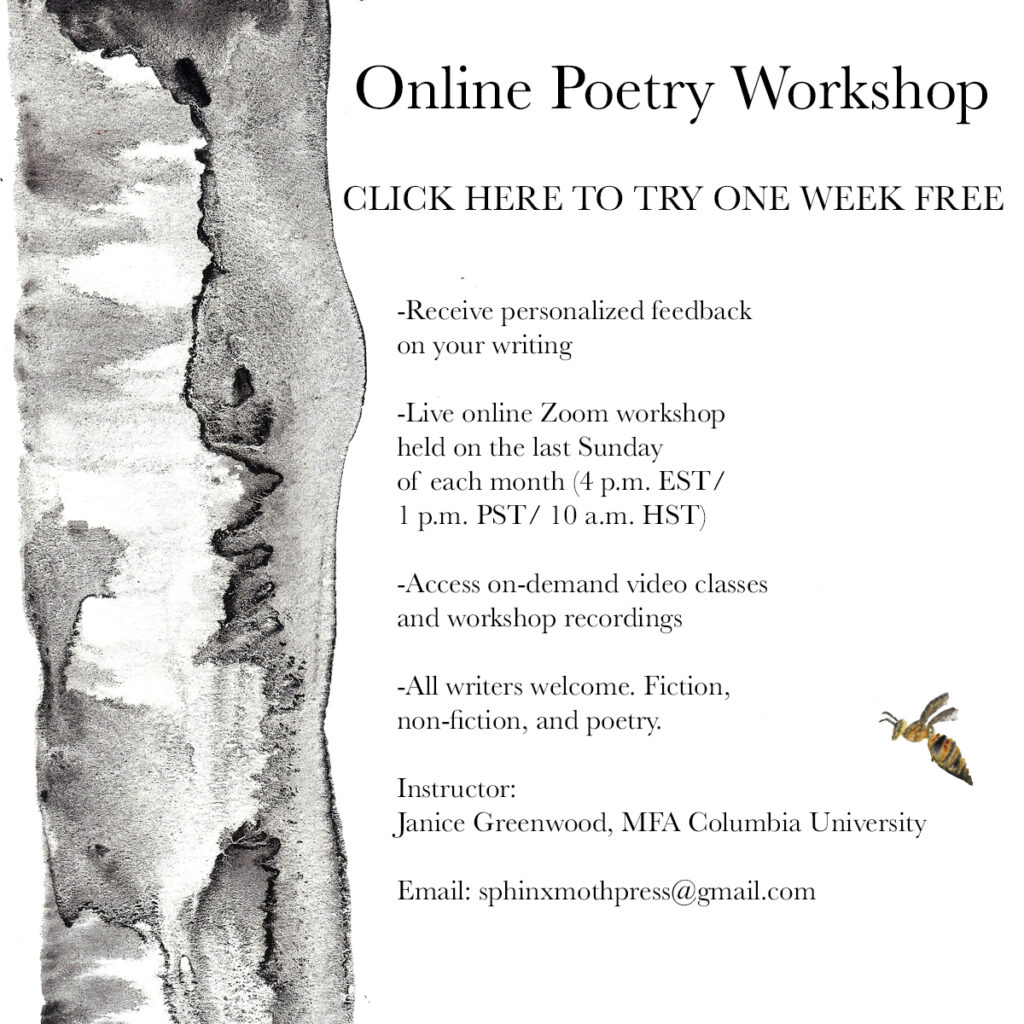I just got a puppy. Pali is just as likely to cuddle at my feet as she is to try to consume my power cord. She chases pigeons and growls at her food bowl. Bottles of water fall from the desk and she barks at them. She seems to hate music. She yelps whenever I play the ukulele. When my boyfriend, Sergio, plays the recorder, she cowers. The world is new to her. She sighs when I pick her up. She’s so small, so fragile, so new to the world. She shits everywhere. My puppy needs training. There are many books on dog training and many websites, as well as YouTube videos. In the weeks after Pali entered our lives, I made it my mission to find the best puppy training resources. While I have found the American Kennel Club and the ASPCA helpful for answering health and behavioral questions, the two most important resources that have helped me potty train my dog and teach essential commands are the following:
- The book: The Art of Raising a Puppy by the Monks of New Skete
- Brandon McMillan’s MasterClass on Dog Training
While I recommend The Art of Raising a Puppy by the Monks of New Skete for its practical wisdom (within three days, my puppy was peeing where I wanted her to pee, with the more than occasional mistake), I recommend it just as much for its metaphorical wisdom. I know from my travels in Europe that monks are often bound to produce the best of all things, be it honey, Mendelian genetics, mead, or wine. So, when I learned that monks had written a book on puppy training, I was sold.
The monks write: “Too often we take this journey for granted, carelessly letting it pass unacknowledged. With our busy lives, we can easily grow insensitive to the basic wonder of life, leaving us spiritually impoverished and unhappy.” To connect with nature, to live in the moment, or to be in awe of the unfolding of the universe and a life is what it means to bring a puppy into your life. I have found myself exhausted and also so full of love at times I think I might explode and send that love everywhere in all directions.
To guide another creature new to the world is to allow oneself to be guided as well. I recommend this book to anyone with a dog or a soul. The Art of Raising a Puppy isn’t just a book about dog training, it is a metaphor for how, in relationship with another being and animal we can learn the virtues of patience, kindness, compassion, joy, discipline, and observation.
For the monks of New Skete, puppy training and breeding isn’t just a livelihood, it is a spiritual practice. Puppy training, I learned, is less about getting another creature to do what you want it to do than it is a process of paying attention to another being, to listen and observe its needs, and to follow where those signs lead.
All beings live in the seclusion of their own minds. I can only know the mind of my dog through a mirror darkly, through the signs she gives me with her body, her cries, her looks. Training a dog is as much a process of observing another being as it is learning how to master yourself, learning how to be patient. Training a dog is learning how to be a good leader. No dog will do what you want it to do to please you. The monks remind me that my puppy only wants to please herself. The art of training a puppy is really about compromise: it means asking “how can I give my puppy what she wants and needs so that I can also get what she wants and needs?”. It is relationship 101.
And yet, dogs are not humans, nor are they creatures on which we can project our fantasies and illusions. They are wholly other, distinct in themselves. Art of Raising a Puppy takes many moments to reflect on the mystery and awe of the animal world.
Do not be mistaken, though. This is a practical book. My puppy is coming along in her training. Pali is (mostly) potty trained. She sits. She knows “down.” She drops things. She (mostly) listens.
When we are young, we are blank slates, ready to be shaped or ruined by our parents. Puppies are no different. The monks make the immense responsibility clear. A puppy’s humans are responsible for her life. “The remarkable little puppy so filled with the capacity for life and companionship one week can easily become an incontinent, destructive, and hyperactive annoyance the next.” According to the monks, the first 16 weeks of a puppy’s life are crucial to its formation as an adult dog. No pressure. I found myself searching for answers and reading as if my dog’s life depended on it–because it did.
The book also taught me a great deal about puppies. Before reading the book, whenever my puppy seemed to be having an epileptic seizure in her sleep, I’d wake her, worried. I learned that this is “activated sleep” and is essential to the development of the puppy’s neuromuscular system. I have stopped waking her which has resulted in peace of mind for the both of us.
To be corrected is to be trained. I find that my puppy also corrects me—when I lose my patience, when I get frustrated and pass that frustration on to her, when she whines to let me know that I’ve been boring all day sitting in front of the computer and it’s time to go for a walk. When I’m not well, she reflects my anxiety; when I’m happy, she reflects that joy, too. Overall, The Art of Raising a Puppy has taught me to be observant, to honor the process, and to be patient myself.

Brandon McMillan Teaches Dog Training, MasterClass
I recommend supplementing The Art of Raising a Puppy with Brandon McMillan’s MasterClass on dog training. In his class he shows you the most essential commands every dog needs to know for safety and for life. These commands include sit, stay, down, no, off, come, and heel. He also includes practical advice on how to get your dog to stop barking and how to prevent your puppy from dashing through the door when you come home or leave, a potentially life-saving command. He presents the material in a simple way and offers strategies that result in a foolproof teaching experience. In just a couple of weeks, Pali has learned all the commands, except heel. Though she is only four months old, she’s already beginning to do leash work. While MasterClass can be a little pricey, I found McMillan’s strategies fairly fool proof. For the price of a single dog training class, McMillan takes you through the essentials.
When it comes to dog training, the journey is the most important thing. I hope to keep learning and as I find new resources, I’ll add them here.

About the Writer
Janice Greenwood is a writer, surfer, and poet. She holds an M.F.A. in poetry and creative writing from Columbia University.
